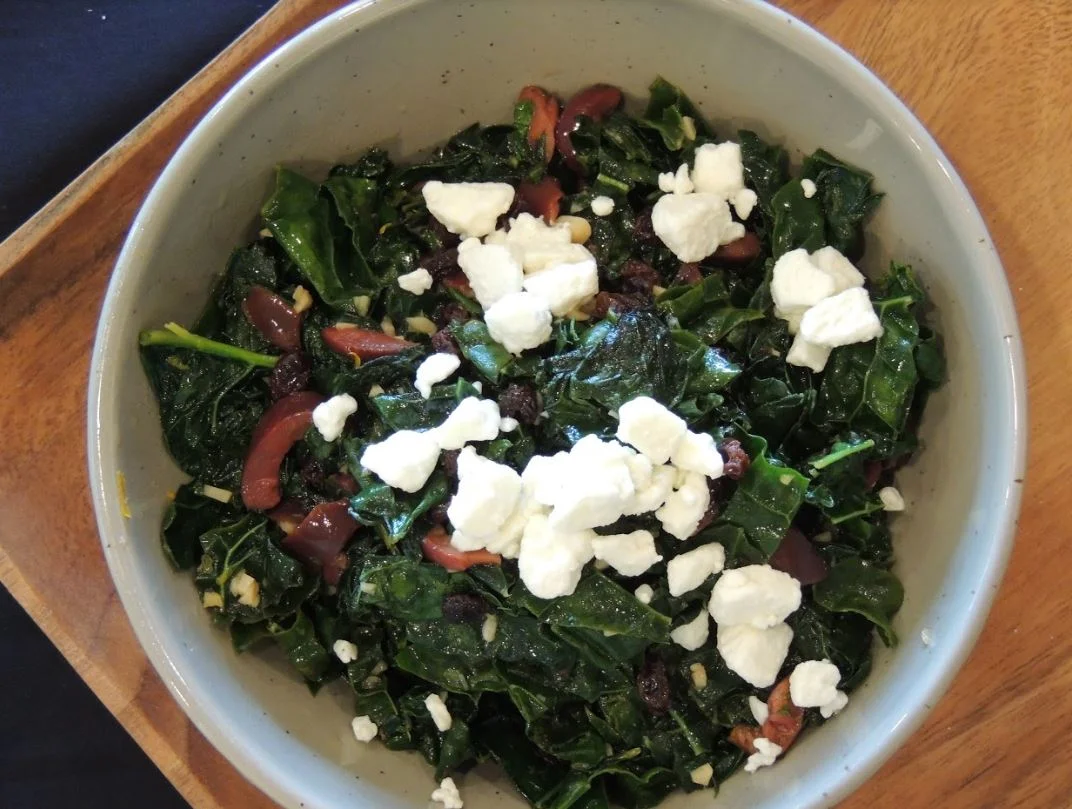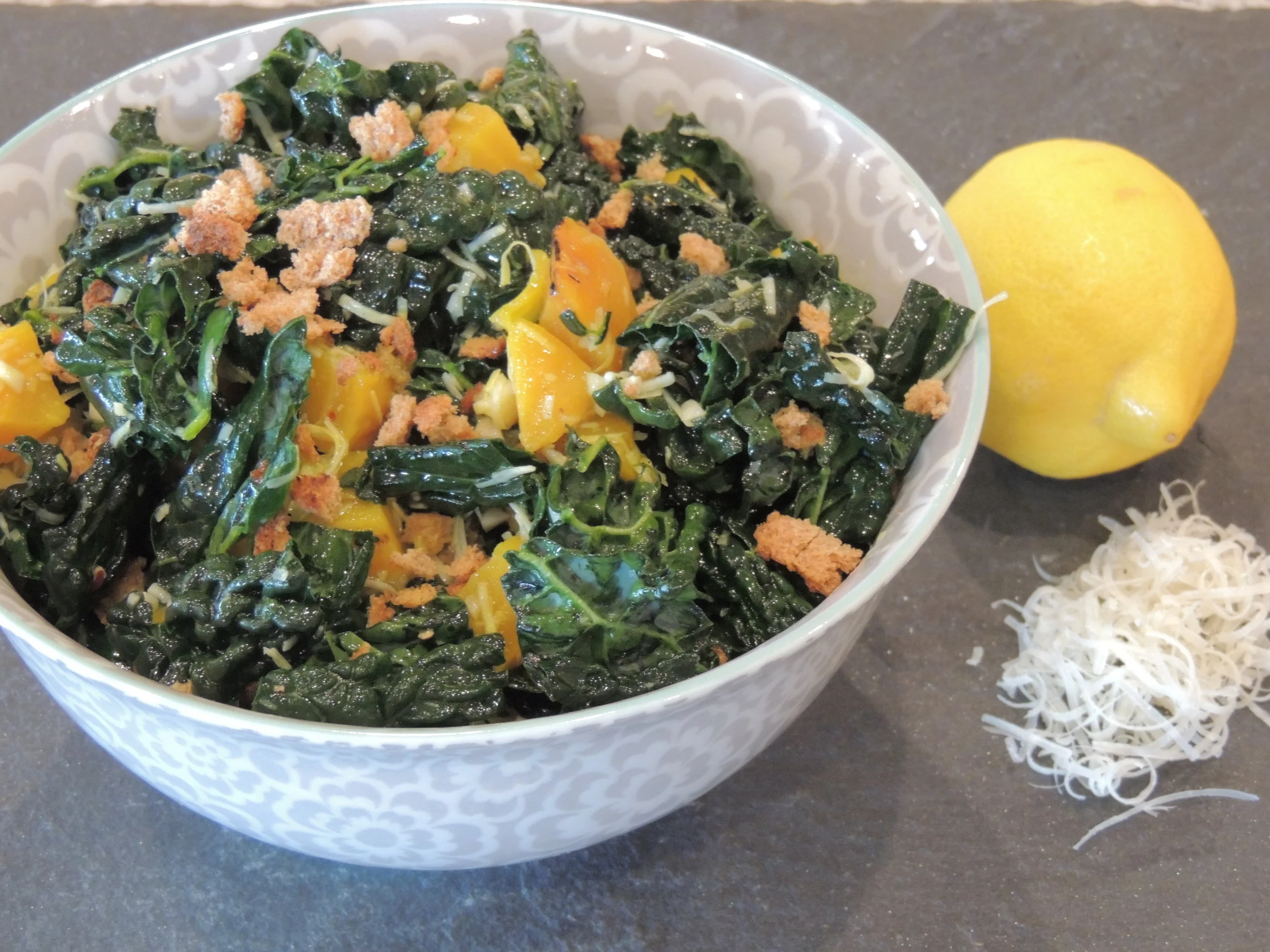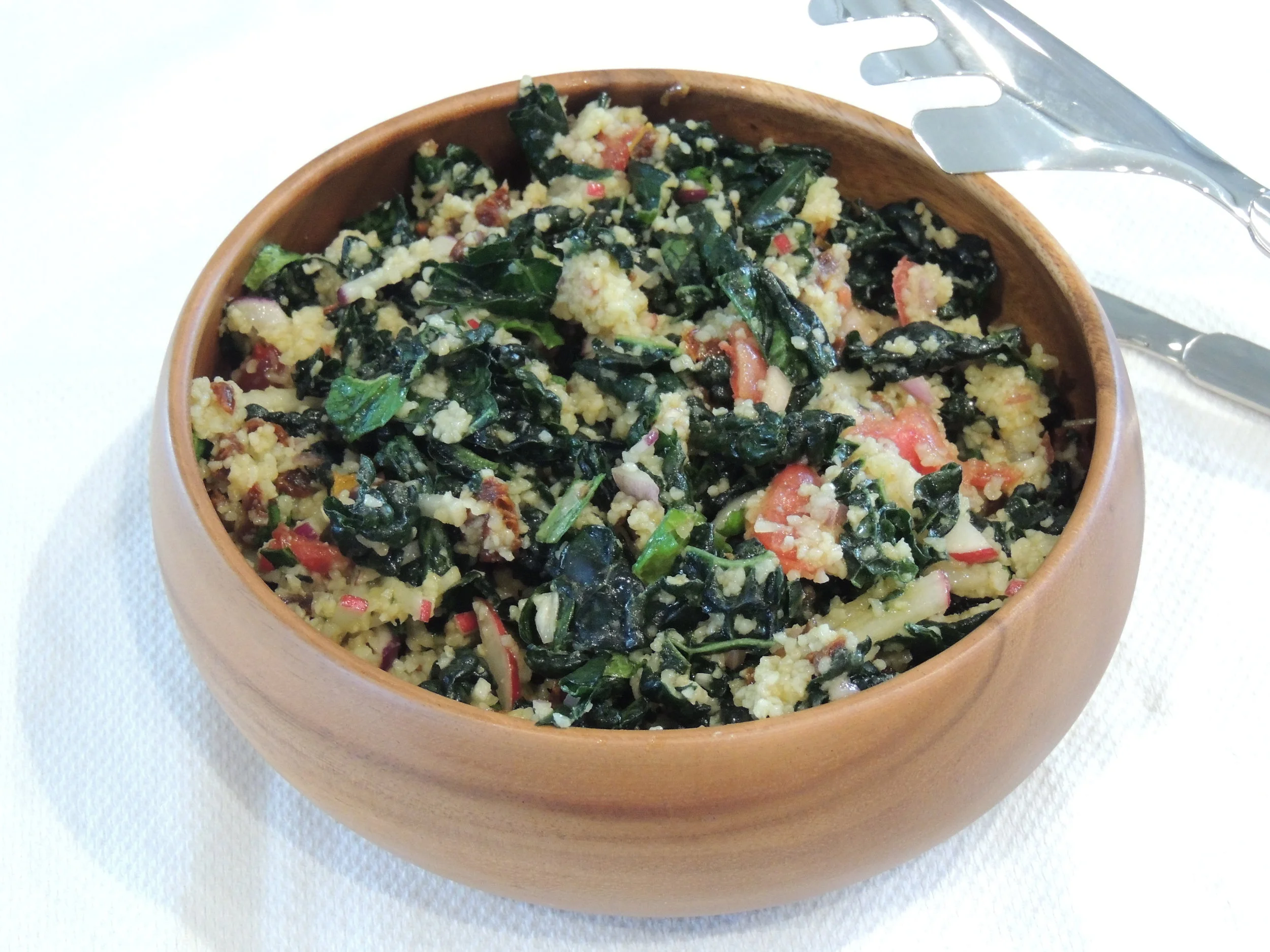Kale 101
Of all the super healthy greens, kale is definitely the king. It is one of the healthiest and most nutritious plant foods in existence. Kale is loaded with all sorts of beneficial compounds, some of which have powerful medicinal properties.
Here are some of the health benefits of kale that are supported by science.
Kale is in the brassica family, as it is closely related to wild cabbage and has many of the same health benefits as other brassica family vegetables like broccoli, cauliflower, mustard greens, brussels sprouts and cabbage. These are also known as cruciferous vegetables.
Kale originated in the eastern Mediterranean and has been cultivated for culinary and medicinal uses for over 4000 years. In ancient Rome, kale was commonly used to treat bowel ailments. Because kale is so hardy and easy to grow, it has been an important dietary staple during difficult times. It wasn’t too long ago that kale could only be found at specialty food stores, co-ops, and farmer’s markets. But with the health food movement, kale has made its way into nearly all major grocery stores. Kale is most easily found in the fresh produce section but can also be found in the snack aisle in the form of dried kale chips.
Kale is Nutrient-Dense
There are many different types of kale. The leaves can be green or purple, and have either a smooth or curly shape. The most common type of kale is called curly kale or Scots kale, which has green and curly leaves and a hard, fibrous stem. Lacinato kale (also know Tuscan kale, Italian kale, dinosaur kale, or black kale), is more tender and less bitter than curly, making it a better choice candidate for raw and shortly cooked dishes.
A single cup of raw kale (about 67 grams or 2.4 ounces) contains:
Vitamin A: 206% of the DV (from beta-carotene)
Vitamin K: 684% of the DV
Vitamin C: 134% of the DV
Vitamin B6: 9% of the DV
Manganese: 26% of the DV
Calcium: 9% of the DV
Copper: 10% of the DV
Potassium: 9% of the DV
Magnesium: 6% of the DV
This is coming with a total of 33 calories, 6 grams of carbs (2 of which are fiber) and 3 grams of protein. Given its incredibly low calorie content, kale is one of the most nutrient-dense foods around. Eating kale is a great way to dramatically increase the total nutrient content of your diet.
Kale is high in Antioxidants Like Quercetin and Kaempferol
Kale, like other leafy greens, is very high in antioxidants. These include beta-carotene and vitamin C, as well as various flavonoids and polyphenols. Antioxidants are substances that help counteract oxidative damage by free radicals in the body. Oxidative damage is believed to be among the leading drivers of inflammation, aging and many diseases, including cancer. The flavonoids quercetin and kaempferol are found in relatively large amounts in kale. These substances have been shown to have powerful heart-protective, blood pressure-lowering, anti-inflammatory, and anti-cancer effects, to name a few. Kale is also high in indole-3-carbinol and sulforaphane. Indole-3-carbinol is known to stimulate detoxifying enzymes in the gut and liver. Diets high in cruciferous vegetables appear to slow cancer growth in animals, and therefore indole-3-carbinol and sulforaphane are thought to be good candidates for cancer prevention. Laboratory studies show that indole-3-carbinol may have anticancer activities across a variety of tumor types, and may provide added benefit when combined with some chemotherapy drugs.
Some of the research on specific medical conditions which may benefit from kale and other cruciferous vegetable consumption include:
Fortunately, adding kale to your diet is relatively simple. You can simply add it to your salads or use it in recipes. A popular snack is kale chips, where you drizzle some extra virgin olive oil or avocado oil on your kale, add some salt and then bake in it an oven until dry. It tastes absolutely delicious and makes a great crunchy, super healthy snack. A lot of people also add kale to their smoothies in order to boost the nutritional value. At the end of the day, kale is definitely one of the healthiest and most nutritious foods on the planet.
If you want to dramatically boost the amount of nutrients you take in, consider loading up on kale.
Check out a few of our great tasting kale recipes!






(416 Cal) This salad is sure to please. With so many options to mix and match to your tastes, you can't go wrong.